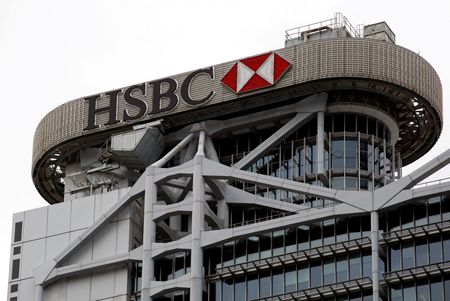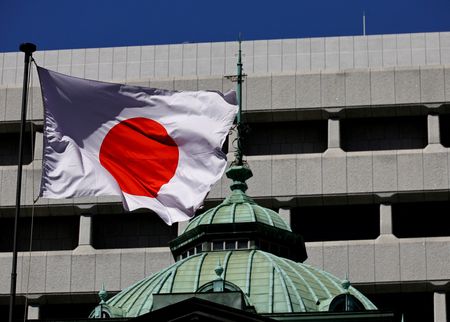LONDON (Reuters) -Global financial authorities are set to miss a 2027 target set by the G20 group of nations to make international cross-border payments faster, cheaper and more transparent, the G20’s Financial Stability Board said on Thursday.
Goals set in 2021 included cutting the global average cost of a retail payment to no more than 1% and for 75% of wholesale and retail payments to be credited within an hour of being made.
While most of the initial “Roadmap” work has now been completed, an FSB progress report published ahead of G20 meetings later this month said it had not yet translated into tangible improvements for end-users at the global level.
A COMPLICATED PROCESS
“It’s becoming clear that the (G20) targets are not going to be hit by 2027,” FSB Deputy Secretary General Martin Moloney told Reuters, saying the huge number of countries involved and challenges of overhauling infrastructure had caused problems.
The report said key performance indicators (KPIs) showed only a slight improvement at a global level since they were first calculated in 2023.
While the speed of both wholesale international payments and remittance payments – where individuals send money back to their home countries – had improved, the costs remained high and there had been insufficient progress in terms of payment transparency.
Moloney said G20 decision makers would have to choose whether to extend the 2027 target date or come up with fresh one altogether given the pace of change in payments where cryptocurrencies and stablecoins are also beginning to play a role.
“That needs to be a rich and focused debate at G20 level,” Moloney said. “If we fall short of those KPIs we will still have an unsatisfactory situation,” he said, in terms of the global payments system.
(Reporting by Marc Jones and Phoebe Seers. Editing by Mark Potter)











